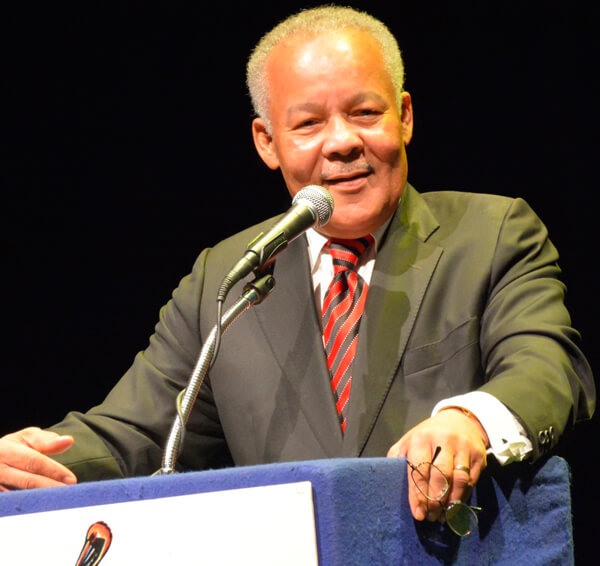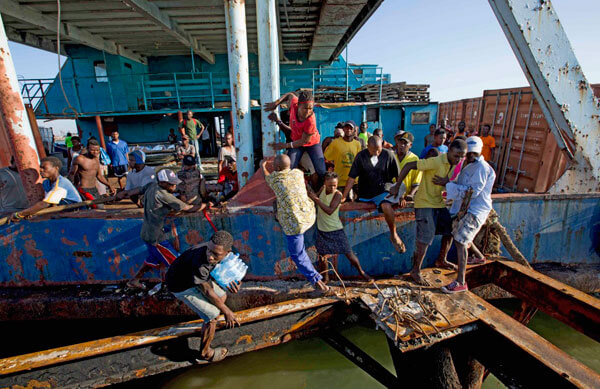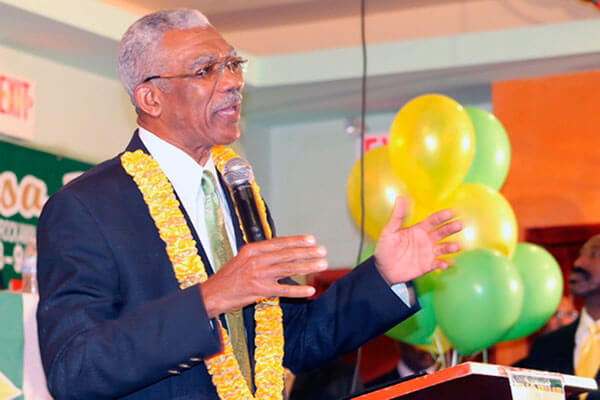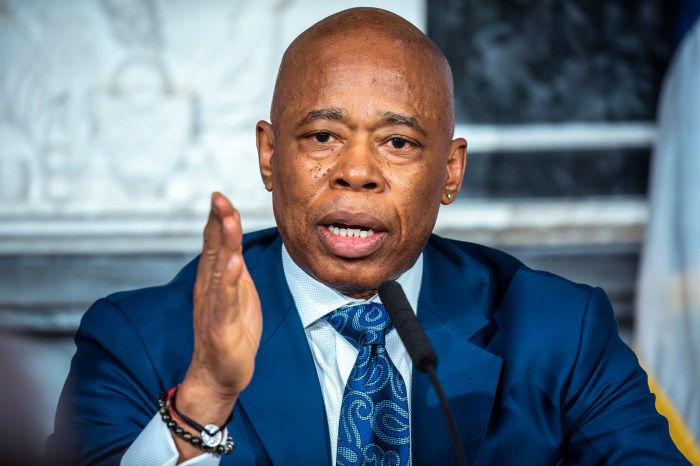Antigua
A recent Pan American Health organization (PAHO) report has shown that Antigua and Barbuda lags behind most countries in the Americas when it comes to banning smoking in public places and tobacco control.
This is contained in the 2016 Report on Tobacco Control for the Americas.
The report also indicates that having banned smoking in government buildings, the twin-island state is way ahead of other members of the Organization of Eastern Caribbean States (OECS).
The other OECS members- Dominica, Grenada, St. Lucia, St. Kitts and Nevis, as well as St Vincent and the Grenadines still allow residents to smoke anywhere.
The document provided the most up to date picture of the smoking epidemic in PAHO’s 35 Member States’ l0 years after the WHO Framework Convention on Tobacco Control took effect.
Barbados
The no-confidence motion against the Freundel Stuart government has failed.
The motion was brought recently by Opposition Leader Mia Mottley on behalf of the Barbados Labor Party (BLP).
It was defeated 16–12 after a marathon session, which was debated in the House of Assembly.
The 12 opposition members voted for the motion while 15 government MPs voted against.
Independent MP for Christ Church West Dr. Maria Agard also voted against the motion.
Dr. Agard was expelled from the BLP last year. Independent MP for St. Peter Owen Arthur was not present as his father died the previous night.
Mottley’s motion was prompted by the present crisis facing the country, which she said was caused by poor governance.
The motion addressed high public sector debt; economic downturn; downgrades by international rating firms; declining investment; increase in unemployment; increases in taxes and increase in the cost of living.
It was the third no-confidence motion filed by the BLP against the DLP administration since it took office in 2008.
Dominica
Dominica has recognized 20 years of diplomatic relations with Cuba. The country’s Education Minister Peter St. Jean emphasized the educational opportunities offered by Cuba to the young people of Dominica, above all in the training of doctors, and considers the communist country a true partner in his country’s development.
He pointed out that the Cuban government provided Dominica with a series of programs such as Operation Milagro, an initiative created by the Cuban and Venezuelan leaders Fidel Castro and Hugo Chavez to offer free surgery to millions of Latin American and Caribbean people suffering eye ailments, changing the lives of the poor in the region.
He made the statement during an event marking the 20th anniversary of diplomatic relations between the two countries.
The minister also spoke about the annual scholarships for students in Dominica to study in Cuban education institutions in the fields of medicine, architecture and engineering.
This plan, he said, began in 1979 as part of the Cuban assistance to Dominica after Hurricane David destroyed much of the Caribbean island,
Hundreds of students from the small island, among them Health Minister Kenneth Carroux, have benefited from the initiative of the Cuban government.
Guyana
Guyana is moving to improve aviation standards as the government plans to implement an Aircraft Accident and Incident Investigation Act.
Guyana’s Minister of Public Infrastructure David Patterson said that a draft of the act is currently with stakeholders for their input and recommendations.
The minister said Guyana is currently signed on to the effective implementation of the standards and recommended practices established by the International Civil Aviation Organization (IACAO) for the safe and orderly development of the civil aviation sector and the act is government’s effort to improve the country’s rate of compliance with ICAO.
The ICAO recommendations state that air accidents must be a standalone unit and the Ministry of Public Infrastructure is seeking to move the country forward.
Grenada
The International Monetary Fund (IMF) has approved US$2.8 million credit facility for Grenada after the fourth review of the country’s performance under a program supported by a three-year arrangement under the extended credit facility (EFC).
The executive of the IMF board recently concluded the Article IV consultation with Grenada and at the completion of the review, the disbursement of $2.8 was approved.
The Grenadian authorities continue to deliver a strong track record of program implementation and results. All performance criteria for end-December 2015 were met and most structural benchmarks for the fourth review were met on time.
The fiscal performance turned Grenada’s primary balance from deficit to surplus for the first time in a decade and together with debt restructuring agreements reached with both external and domestic creditors, Grenada is making progress on fiscal and debt sustainability. The debt-to-GDP ratio declined from 107 percent in 2013 to 94 percent in 2015 and is projected to continue its downward path going forward.
The 2016 budget aims to complete the programed fiscal adjustment in support of meeting medium term debt targets, while focusing on structural reforms to promote economic growth and lower unemployment.
Jamaica
Hours after Jamaica’s Finance Minister Audley Shaw announced an increase in the special consumption tax on petrol, some operators of public passenger vehicles (PPV) increased their fares without approval from the Transport Authority.
The Transport Authority warned offending PPV operators to desist from increasing their fares as it is illegal.
The Transport Authority said it has received reports that some operators have increased their fares in response to the government’s increase in the special consumption tax on petrol.
The price of gasoline has moved up to J$101.28 and $102.94 per liter, up by J$7.70 each. Automotive diesel fuel will be sold for $93.00 per liter following an increase of $7.70 per liter.
Suriname
The Caribbean Development Bank (CDB) has approved US$50 million to address the country’s fiscal imbalances, through support for energy sector reforms.
Suriname has already begun implementing a series of institutional, policy and legislative reforms to stabilize the economy, primarily to address the challenge of a weak operational policy and regulatory environment in the energy sector.
The CDB Police-Based Loan will assist the government of Suriname with its adjustment program.
Director of Economics at the CDB Justin Ram said, “the CDB recognizes the urgent need for significant reform within Suriname’s energy sector which has tremendous potential to transform the economy.”
The CDB’s support complements the Inter-American Development Bank’s (IADB) ongoing contribution to the institutional and operational strengthening of Suriname’s energy sector.
The loan is being provided to Suriname on the basis of a shared policy matrix with IADB under the existing program between government of Suriname and the IADB.
The reduction in global commodity prices caused a reduction in Suriname’s economic growth, which is highly dependent on the sector. By the end of 2015, the country’s international reserves had declined to crisis level- less than two months of import cover.
St. Kitts
A United States government program in St. Kitts and Nevis has assisted the country in strengthening its juvenile sector.
U.S. Deputy Chief of Mission to Barbados, the Eastern Caribbean and the Organization of Eastern Caribbean States (OECS), Laura Griesmer, praised the United States Agency for International Development (USAID)-funded Juvenile Justice Reform Program (JJRP) in the OECS during a close-out ceremony for the St. Kitts segment of the program.
Under the US5.8 million regional project, St. Kitts and Nevis received US$900,000 to support reform efforts, including the provision of training, capacity building and technical assistance to the New Horizons Rehabilitation Center, the Magistrate’s Court and the Department of Probation and Child Services.
More than 150 juvenile justice officials and media personnel were also exposed to child-centered techniques, tools and modern approaches to improve the care, treatment and advocacy for vulnerable youth.
Greismer praised St. Kitts and Nevis for bring the first of three countries under the JJRP to pass a model Child Justice Bill into law, signaling the nation’s commitment to juvenile justice reform.
Trinidad
Trinidad and Tobago National Security Minister Edmund Dillion will pay a visit to Venezuela this week for direct government to government talks that could lead to the repatriation of five Trinidad and Tobago nationals incarcerated in the South American country on charges of terrorism.
The talks, which Dillion will hold with his Venezuelan counterparts in Caracas, will also be aimed at clamping down on the flow of illegal drugs and guns in Trinidad and Tobago, in order to curb the spiraling crime rate in Trinidad.
Prime Minister Dr. Keith Rowley told the media following a visit last week by President Nicholas Maduro there is need to strengthen cross-border security with the common purpose of reducing illicit activity in western Venezuela in so far as it affects the waters and territory of Trinidad and Tobago.
The prime minister said it is hoped that the meeting will usher in a new era of security cooperation between both countries.
— compiled by Azad Ali


















